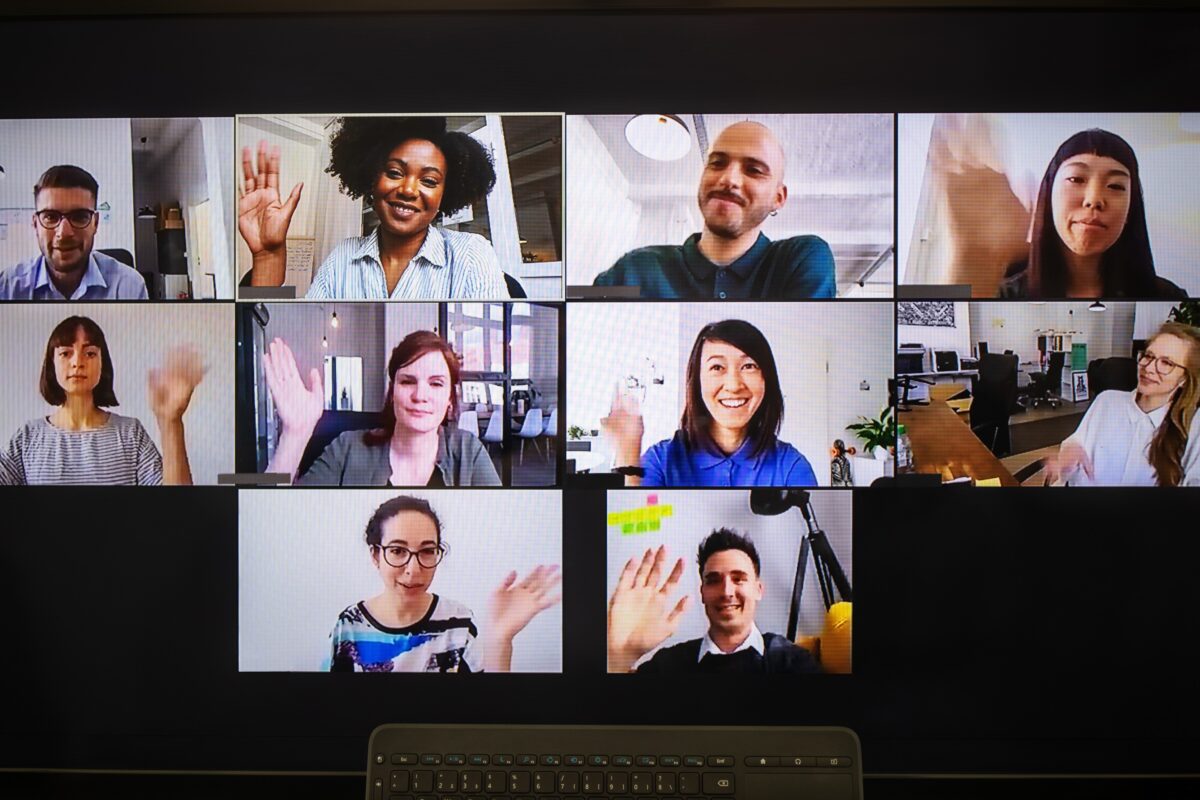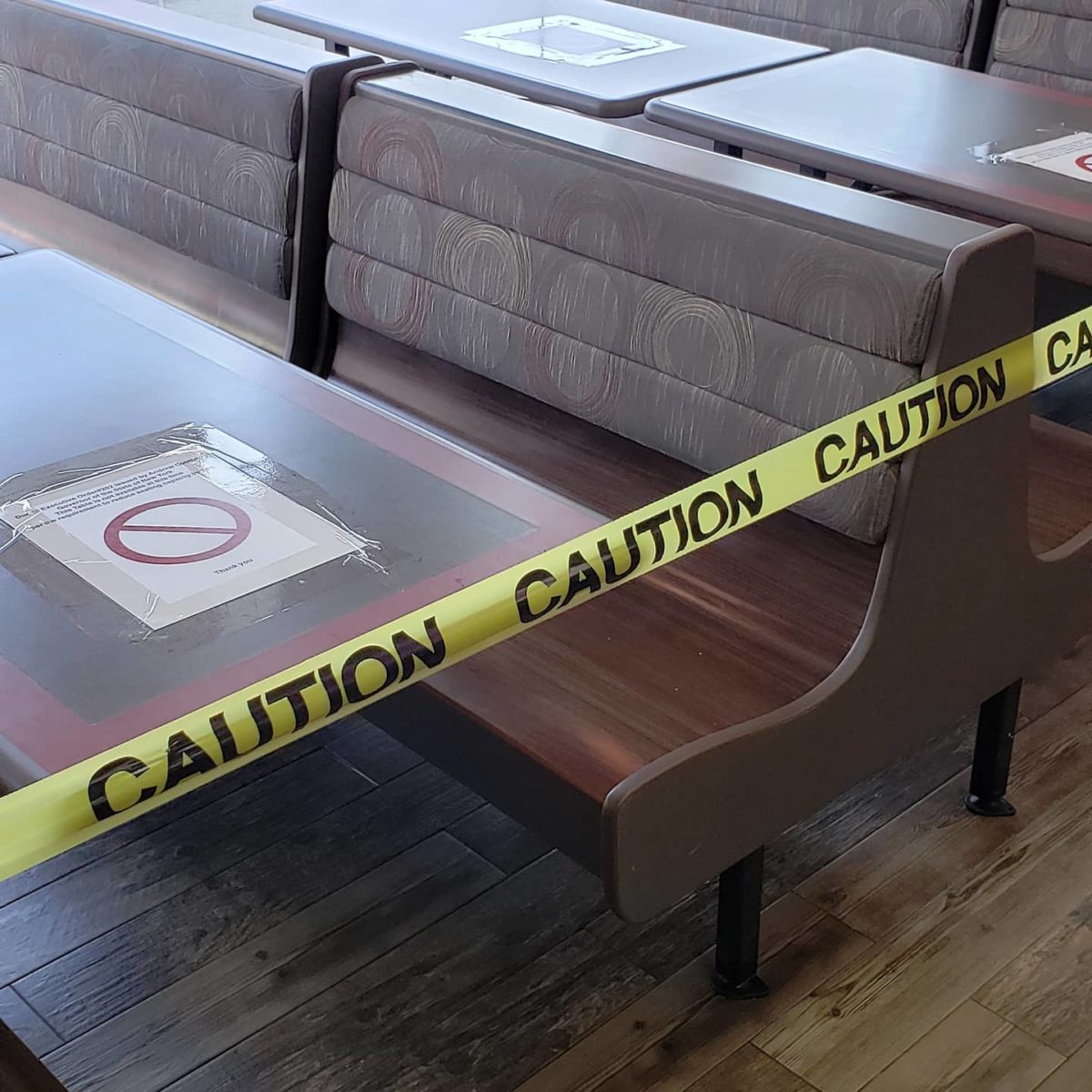I should be laughing and shaking off the sediment. Feeling joy roiling from my rouse heart. Finding a liminal space to land. The television show I am streaming is comedic and should make me happy in theory, but it is too close to a life I once lived, one now presently impossible to live. The images are too vivid, too palpable, too recognizably amateurish, frustratingly reproducible only nine months before. I wish I could succumb to this work of art, giving myself over to it completely. I see what it is trying to do and, deep down, I commend it. In another year, I would be chortling over its clever premise and singing its praises and telling anyone who will listen to me that this is something that speaks the truth and is worth the journey. But I can’t. And I feel ashamed that I cannot give this show the attention it clearly deserves. As the ghosts of how I once lived melt across my monitor, as the images of a quotidian life that will not be possible for at least another year haunt my starved soul, I feel the tug of deep grief. And I am shocked to find myself crying.
This wasn’t the case a few months ago. Who knows how I’ll react six months from now?
These days, I can’t handle the images of New Yorkers slapping each other on the back and talking within inches of each other. The casual cigarette exchanged from one person to another just outside a bar. The hugs. All the hugs. All the physical contact. The kissing. The banter. The ability to walk into a random building and get into trouble and have an adventure. The small talk. The eccentrics and the true originals in the subway. The packed elevators. All of this is now gone. Sure, you can find bits of it here and there. There are still buskers in the Village. There are still dependable outliers shouting obscenities in the streets. There are still friends you can see if both of you take a rapid test the day before and the results are negative and you haven’t seen anyone for a week. But even then you are taking a calculated risk. You see people escaping the cold into enclosed tents with heat lamps, tempting fate as they drop their masks for a meal and the underpaid and undertipped waitstaff nervously serves them, some of them terrified out of their minds. Outdoor dining was fine when there was plenty of air and you could feel the warm sun pour onto your skin and you felt that the setup was reasonably safe for you and the servers who braved this new world. But despite many enticing invites, I can’t bring myself to take the plunge for this new “outdoor dining,” which is decidedly indoor.
We all know that existence won’t be fully restored for a while. Yet we try to live anyway, often forgetting that we are in a pandemic.
After ten minutes of watching the show, I can’t watch any more. I’ve reached my limit. Perhaps it is the documentary quality that is too real. Perhaps I recognize myself as a potential participant within the frame. What I know is that I cannot escape into a world that bears strong resemblance to what my universe used to be. If I am seeing New York from twenty years ago, it sits sufficiently enough in the past for me to enjoy it. If it is science fiction or fantasy, particularly if there are preposterous creatures, even better. But if it is true to me, if there is a strong likelihood that I could meet and know these people in my former regular life, then I find my heart pleating and retreating, tightening into a balled bundle of wistful tension. I can read books and listen to podcasts. Because I am using my imagination and using my memory on my own terms. But the stark visuals of once ubiquitous panoramas are just too much.
I am fatigued by the screens. I have grown exhausted by the Zoom meetings. If there is a potential romantic partner, I insist on voice only for that vital vetting. Because the voice is as close to human presence as we can get these days. It’s a ludicrous burden to get dressed up and tidy up everything that’s going to be within the camera’s range if you’re not even going to meet. Better to talk with a prospective paramour in your boxers. Or nothing at all if you’re spending the endless days going commando.
It goes without saying that we were never meant to live such a disembodied life. Theatre has survived for centuries because there is no better substitute for emotional intimacy other than face-to-face contact. Our best moments happen in the flesh. And that is no longer possible.
The reason so many of us have ordered so many items by mail is not merely because we need them. It is not blind consumerism. It is not merely because there’s a certain comfort in getting a new item by mail. A new item in the mail is like a present, particularly if one forgets ordering it, which is often what happens to me. If we can’t have other people, what we can have in our lives is something tangible, something we can touch. I ordered a dozen board games just so I could feel the cards and grasp the tokens and roll the dice and clomp around the splayed out board as if I had four other friends in my apartment. (I was fortunate to have a friend come by to play some of these games with me. But, for the most part, I’m carrying out imagined multiplayer scenarios on my own. This is ridiculous and possibly a little pathetic.)
Home used to be something you returned to. Now it is a place you stay. For living. For work. And no matter how comfortable or ideal your home may be, no matter how much you have, there comes a point for anyone in which escapism has its limits. How many of us will crack permanently before we have a nationally distributed vaccine?

